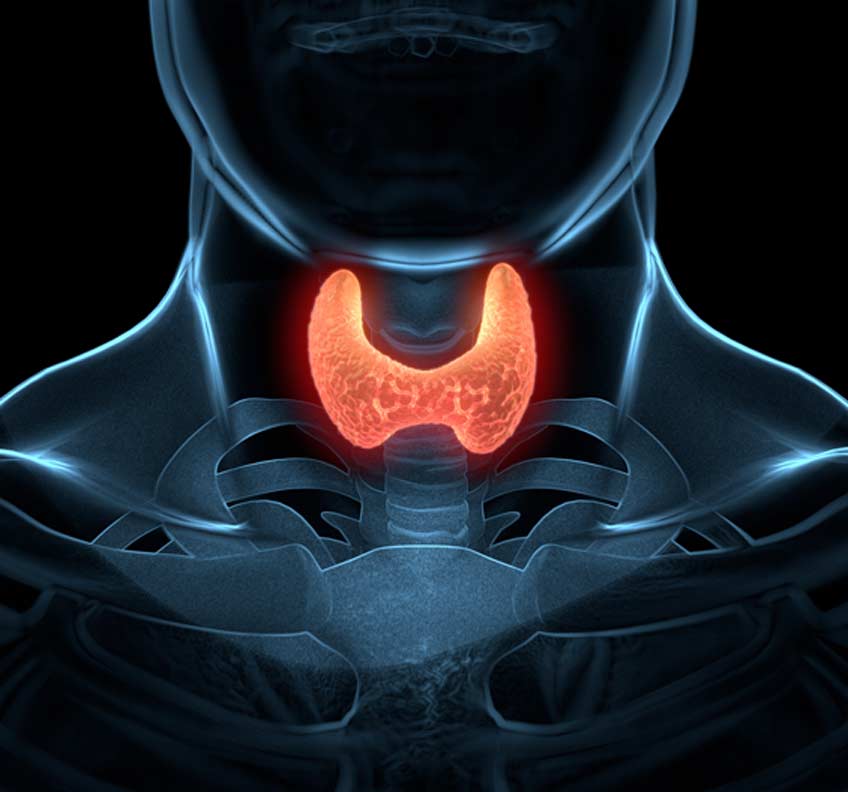
The thyroid gland is a large gland in the neck that secretes certain hormones that help to regulate growth and development through a person’s metabolic rate.
When this gland has been damaged for any number of reasons, it’s possible that thyroid gland surgery will need to be performed.
What Is a Thyroid Gland Surgery?
Thyroid gland surgery involves removing some or all of the thyroid gland, which is something that’s only considered when a health condition has become severe in nature. If just a small portion of the thyroid needs to be removed during the surgery, it’s possible for the thyroid to return to full function following the surgery. In the event that the entire thyroid gland is removed, you will be required to take a daily dose of a thyroid hormone in order to replace the function of the thyroid gland. This type of surgery is used to treat a range of health conditions and complications, the primary of which is thyroid cancer. The surgery can also be used to remove a goiter, which is a noncancerous growth. If you’ve been diagnosed with an overactive thyroid, this surgery can be an effective treatment solution if other options have yet to provide results.


What Are the Risks of This Surgery?
A thyroid gland surgery is typically very safe and comes with hardly any risks that you’ll need to concern yourself about. Poor healing can result in bleeding or an infection, the latter of which will require medications to clear up. If you experience bleeding, it’s possible that your airways could become obstructed, which can be dangerous if not dealt with quickly. If the surgery resulted in some damage to the nearby nerves, your voice may become permanently weak or hoarse.
How to Prepare for This Surgery
There are several steps that you should take before thyroid gland surgery to prepare for the procedure. If you currently suffer from hyperthyroidism, you may be asked to temporarily take a medication that will regulate the function of your thyroid and lessen the risk of bleeding. You might also be required to stop eating and drinking for around 12 hours before the surgery takes place. Since you’ll be provided with anesthesia, it’s highly recommended that someone travels with you to the procedure so that they can help take you home after the treatment has been administered.
Details of the Procedure
Because of the location of thyroid gland surgery, you’ll be provided with a general anesthesia that will put you to sleep during the procedure. Several monitors will be hooked up to your body before the treatment begins so as to make sure that your blood pressure, blood oxygen, and heart rate remain at normal levels. The main incision will likely be made at the center of your neck, after which some or all of the thyroid gland will be removed. This procedure typically takes anywhere from 2-4 hours to complete depending on the technique that’s used.
